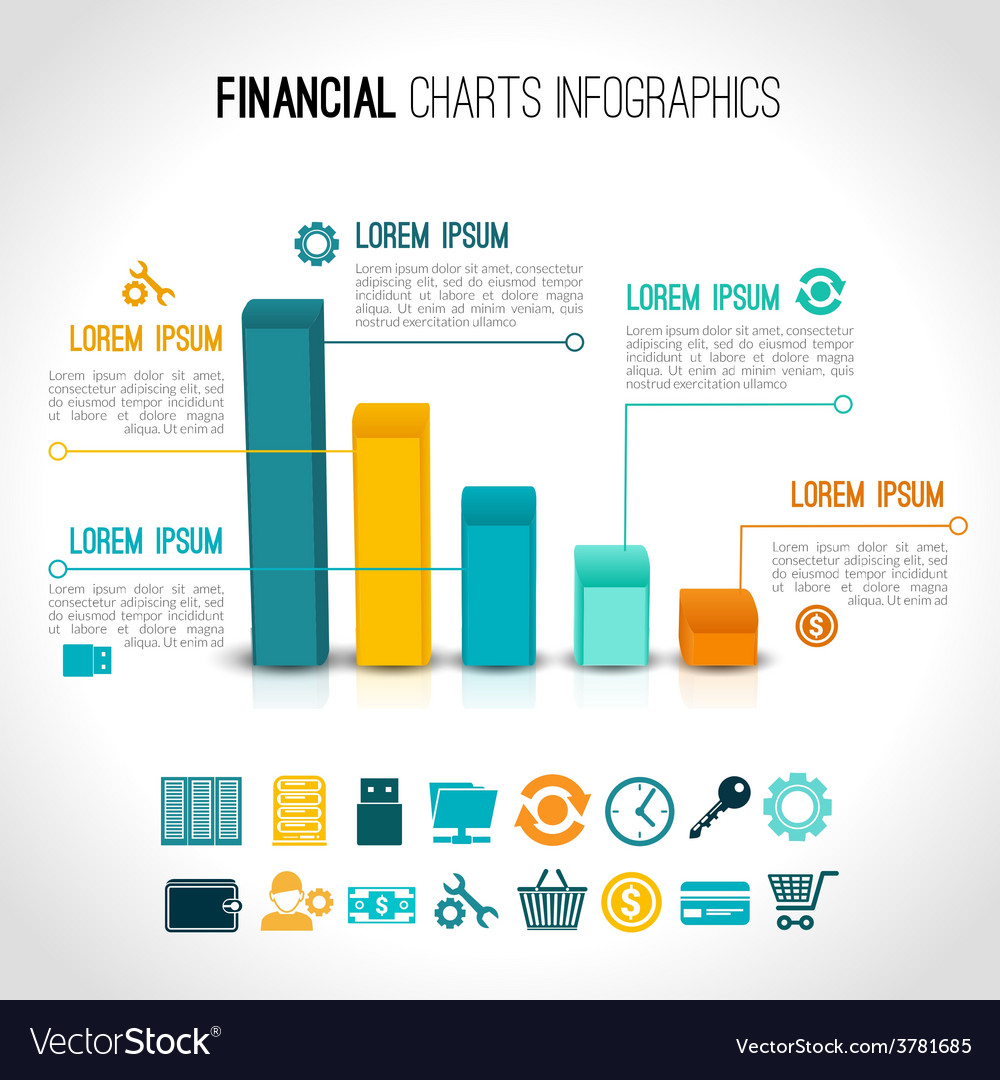Discover The Unanticipated Costs And Effects Of Overlooking A Performance Bond, And Recognize Why It's Essential To Avoid This Expensive Mistake
Discover The Unanticipated Costs And Effects Of Overlooking A Performance Bond, And Recognize Why It's Essential To Avoid This Expensive Mistake
Blog Article
Short Article Written By-
When a guaranty issues a performance bond, it ensures that the principal (the event that acquires the bond) will accomplish their commitments under the bond's terms. If the primary falls short to satisfy these responsibilities and defaults on the bond, the guaranty is responsible for covering any type of losses or damages that result.
1. Loss of track record: Back-pedaling a performance bond can damage the principal's track record and integrity, making it tougher to safeguard future service or financing.
2. Legal and administrative expenses: The surety may require to pay lawful and administrative expenses connected with seeking the principal for damages or attempting to remedy the situation.
3. Monetary losses: The guaranty may require to cover the cost of finishing the job or providing the services that the principal fell short to supply. This can result in significant economic losses for the surety.
4. Enhanced costs: If the principal has a background of back-pedaling performance bonds, they may be needed to pay greater costs in the future to acquire the necessary bonding.
Overall, defaulting on an efficiency bond can have severe economic effects for both the principal and the surety. It's important for principals to thoroughly consider their obligations and guarantee they have the ability to meet the terms of the bond to prevent these negative end results.
Back-pedaling an efficiency bond can be a costly misstep for businesses. When you fail to meet the bond's commitments, the monetary consequences can be significant. From paying the full bond amount to potential legal fights and damaged partnerships, the consequences can reverberate throughout your service procedures. Understanding the intricate web of financial impacts that defaulting on a performance bond can have is essential for protecting your company's economic wellness and track record.
Financial Penalties for Defaulting
If you back-pedal an efficiency bond, you'll likely face significant financial penalties. https://www.fema.gov/assistance/public/tools-resources/cost-estimating-tool can differ depending on the regards to the bond contract but typically include paying the bond quantity completely to the obligee. This means that if you stop working to accomplish your legal responsibilities, you must pay the bond total up to the task owner or the entity that required the bond.
Furthermore, you might additionally be in charge of any added costs sustained by the obligee because of your default, such as locating a replacement contractor or covering task hold-ups.
Back-pedaling an efficiency bond can likewise cause legal charges and court expenses if the obligee decides to take lawsuit against you to recoup the bond amount. These expenses can swiftly build up, more exacerbating the financial impact of your default. It's vital to meticulously review and understand the regards to the performance bond to avoid these extreme financial penalties.
Impact on Company Cash Flow
Defaulting on an efficiency bond can dramatically affect your service cash flow, impacting monetary security and operational capabilities. When you default on a performance bond, you run the risk of shedding the bond quantity, which can be a substantial amount. This loss directly influences your capital, as you'll require to discover alternate sources of funding to cover the bond quantity. Furthermore, skipping can cause raised scrutiny from guaranties, making it more challenging and more pricey to safeguard bonds in the future. This can additionally strain your capital as you might need to allocate extra resources to fulfill bonding needs.
visit the next page on your capital does not quit there. Defaulting on a performance bond can also result in project hold-ups or terminations, resulting in a loss of revenue. Furthermore, the adverse online reputation that comes with skipping can deter possible customers, further decreasing your capital. Overall, back-pedaling a performance bond can have destructive impacts on your service's financial health and wellness and ability to operate efficiently.
Legal Ramifications and Lawsuits
Dealing with lawful implications and potential suits as a result of defaulting on an efficiency bond can substantially affect your business's track record and financial standing. When you default on a performance bond, the guaranty business may take lawsuit to recuperate the bond amount paid out. This might result in costly legal charges, court costs, and prospective settlements or judgments against your service.
In addition, back-pedaling an efficiency bond may cause harmed partnerships with customers, subcontractors, and vendors, impacting your capability to protect future agreements. Legal actions emerging from bond defaults can taint your organization's credibility in the sector, making it testing to draw in new companions or customers.
Furthermore, if the default results in a court judgment against your company, it might lead to possession seizure or liens, additionally stressing your financial security. Consequently, it's important to comprehend the legal ramifications of defaulting on an efficiency bond and take aggressive steps to reduce the risks entailed.
Verdict
As you encounter the effects of back-pedaling a performance bond, remember this: it resembles strolling a tightrope without a safety net. One wrong action can send you plunging right into an economic freefall, without method to stop the autumn.
The punitive damages, cash flow impact, and lawful implications are all waiting to capture you if you slip up. So tread thoroughly, and always honor what are fidelity bonds to avoid the severe repercussions of default.
